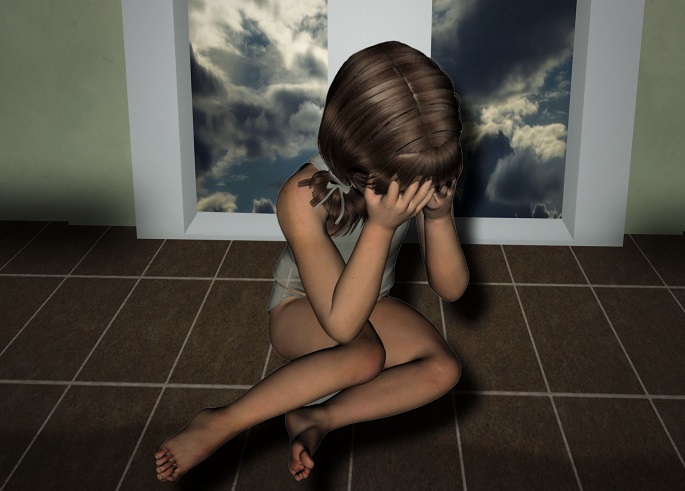German parliament grants more rights to child abuse investigators
Published : 18 Jan 2020, 01:52
The German Bundestag (federal parliament) passed a bill on Friday that is set to enable investigative authorities to take better action in the fight against child abuse and child pornography.
With the new law, investigators in Germany could now use computer-generated, artificial child pornography in order to gain access to relevant online portals to investigate perpetrators.
The use of artificially generated child pornography, however, would require the consent of a German court and would be only permissible if the investigation would be "hopeless or considerably more difficult" in another way, according to the Federal Ministry of Justice (BMJV).
"We must never forget that behind child pornographic pictures are terrible acts of abuse against children," said Justice Minister Christine Lambrecht. "These computer-generated images look deceptively similar to real pictures, but never show real children."
The minister added that investigators should be given all the tools they need to more quickly identify and convict the perpetrators as well as those people behind the scenes and online portal operators.
The change to the law had become necessary as an increasing number of illegal platforms required uploading pictures and videos containing child pornography or abuse, the BMJV explained.
During the debate in the Bundestag on Friday, members of several parliamentary groups were concerned about putting more abuse material into circulation, but a majority of parliamentarians were willing to take that risk in order to get to the perpetrators.
According to the BMJV, getting into contact with children in order to induce them to engage in sexual activities was already punishable under German law with imprisonment from three months to five years.
With the change to the law, even the attempt to establish sexual contact with children in social media would now also be punishable, it said.


